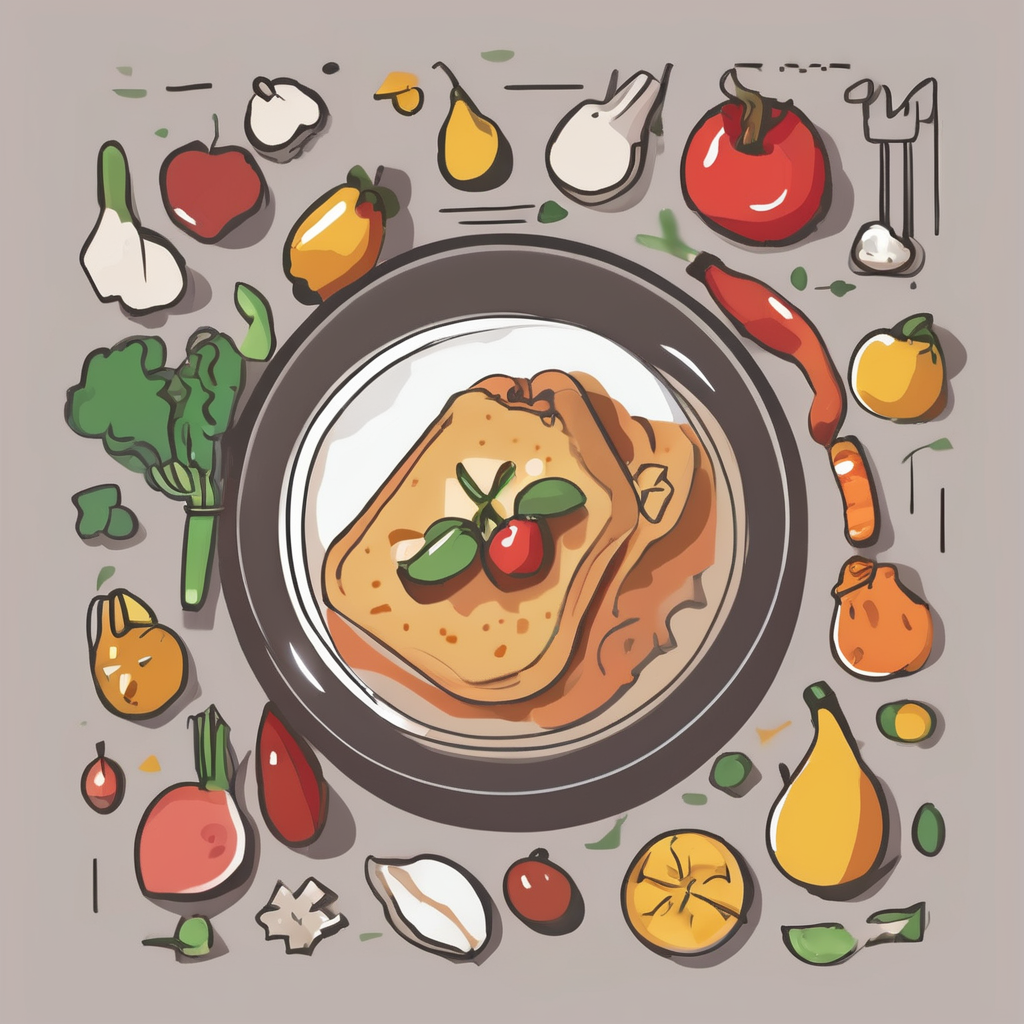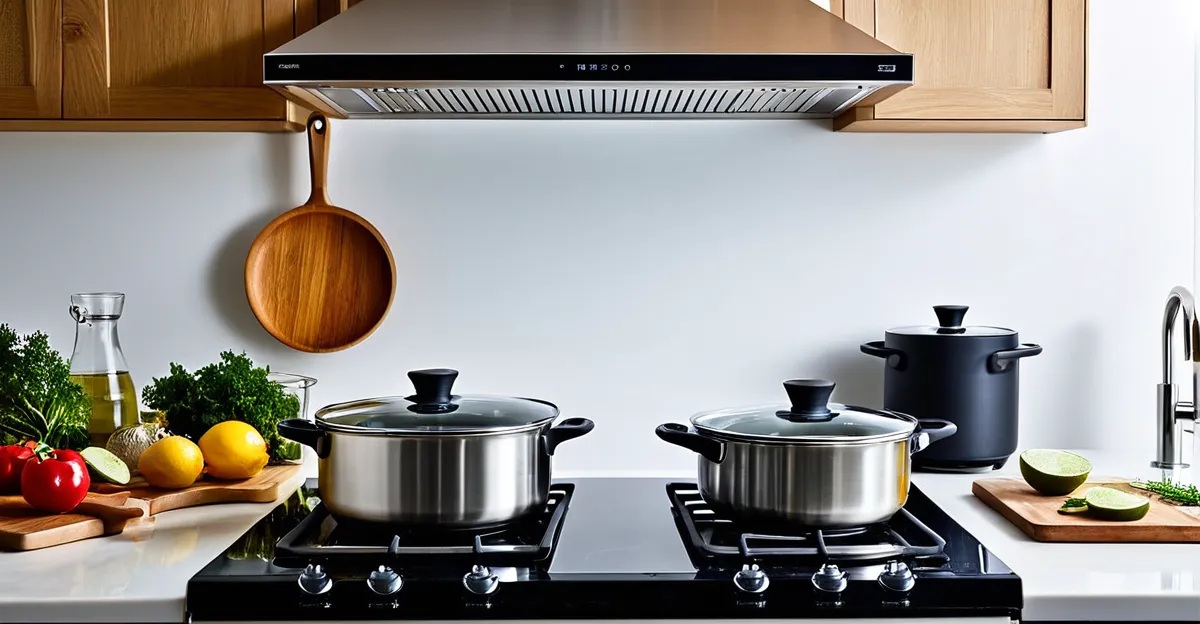How UK Kitchen Products Improve Energy Efficiency
Understanding the impact of energy-efficient kitchen appliances UK involves considering technologies designed to reduce electricity and gas consumption. Commonly found appliances such as refrigerators, dishwashers, and ovens now incorporate features like improved insulation, smarter thermostats, and variable power settings to minimise wasted energy.
Similarly, energy-saving cookware plays a significant role. Heavy-bottomed pots and pans distribute heat evenly, reducing cooking times and energy use. Pressure cookers trap steam and heat, cooking food faster while saving fuel. These cookware types complement efficient appliances by optimising heat transfer.
Also to see : Discover the ideal uk kitchen gadget: a guide to perfectly suit your needs
Efficient kitchen gadgets like microwaves and slow cookers further support energy savings by using less power than traditional methods, especially when used for appropriate recipes. Their targeted heat application ensures minimal energy is wasted through prolonged cooking.
The combined effect of careful product selection and mindful operation significantly lowers household energy bills. Choosing appliances and cookware with clear energy-saving credentials ensures efficiency in everyday use. This approach leads to both financial savings and reduced environmental impact, fulfilling the dual goal of sustainability and economy in UK homes.
Have you seen this : Uncovering the truth: do british kitchen gadgets live up to their hype?
Major Energy-Efficient Appliances in the UK Kitchen
Understanding the distinction between traditional ovens and energy-efficient ovens is crucial for reducing kitchen energy use. Energy-efficient ovens, often rated A or above, incorporate better insulation and convection technology, which distribute heat more effectively and reduce cooking time. Unlike older models, they maintain temperature stability, leading to less energy loss.
Induction hobs stand out as a highly efficient alternative to conventional electric or gas cooktops. They heat cookware directly via electromagnetic fields, resulting in faster heating and significant energy savings. Their precise temperature control also means less wasted energy compared to traditional hobs.
Eco kettles designed for efficiency use less water and boil faster by improving heating elements and insulation. This reduces electricity consumption during everyday use, making them a practical investment for energy-conscious UK households.
UK regulations play a key role in guiding consumers toward these efficient options. Appliances with high energy ratings comply with government standards that promote sustainability. By choosing A-rated or better kitchen appliances UK consumers not only save on energy bills but also support national efforts in lowering household energy consumption.

